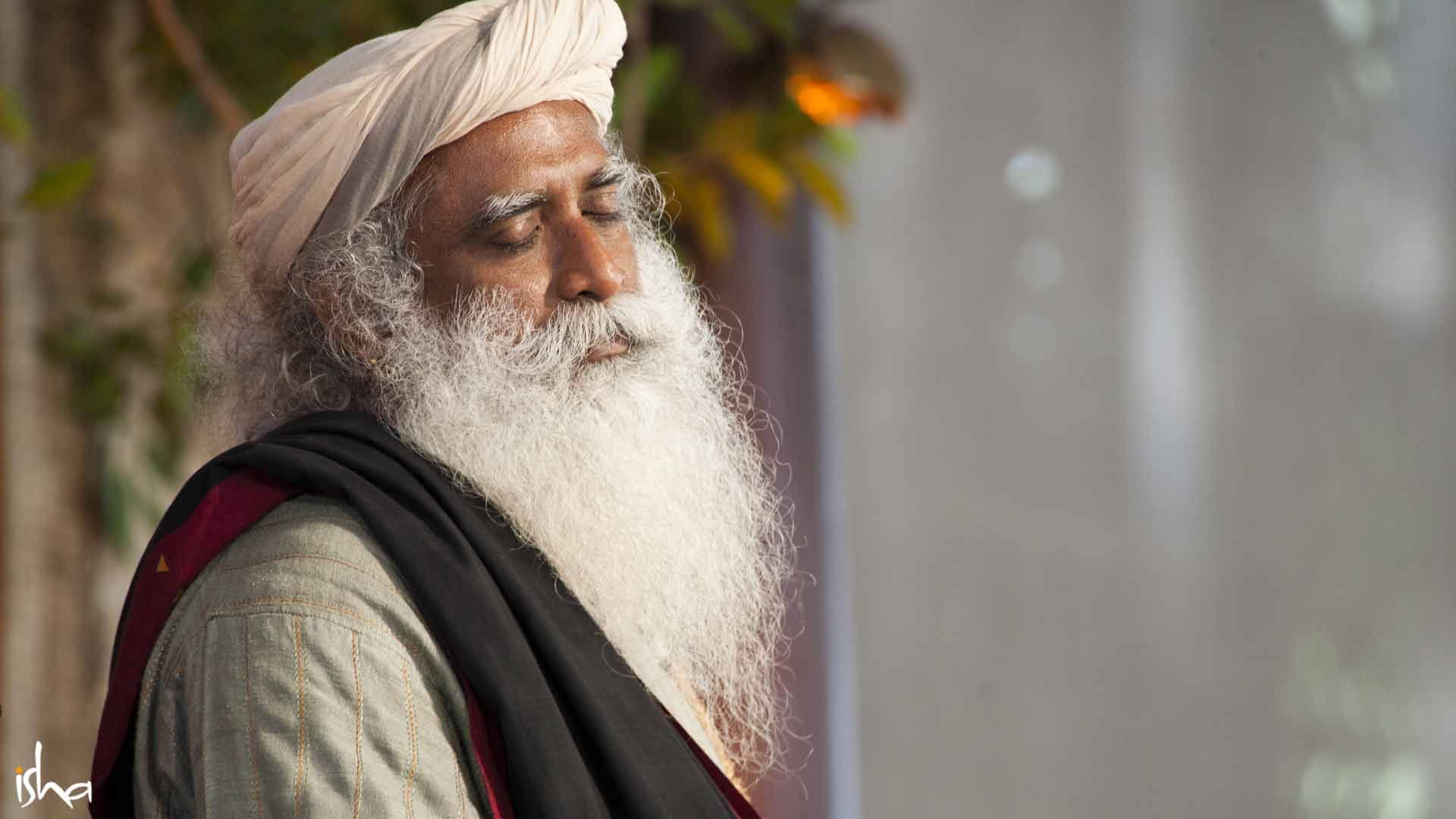No Self, No Esteem
Sadhguru explains how, from a mystic’s perspective, self-esteem is not a goal, but an obstacle!

Should you really be striving for self-esteem? Sadhguru explains, a devotee on the spiritual path seeks to become not special, but extra-ordinary.
Sadhguru: “Self-esteem” is a phrase much in vogue today. While it may promote a measure of psychological wellbeing, it is unfortunate that even spiritual teachers are endorsing the concept wholeheartedly. From an existential perspective, both “self” and ”esteem” are a problem. Both are limited, fragile and insecure. From a mystic’s point of view, if you have no esteem, very good. If you have no self, fabulous!
For anyone on an authentic spiritual journey, the goal is not to become special. The devotee seeks instead to become ordinary – extra-ordinary, in fact. And yet, devotion offers seekers the sweetest experience of life. Devotion is not a dissection of life; it is a total embrace. There is no shred of sanity involved, and no way to recover from it.
Devotion means you have dissolved all resistance within you so that the divine can transpire as effortlessly as your breath. When the divine becomes a living force within you every moment of your life, it is an experience of indescribable ecstasy. Devotees may look crazy to others, but they are having the best time on the planet! That is why I often say devotion is the deepest form of intelligence.
Subscribe
There is a very beautiful story in the yogic lore. Allama Prabhu was a great sage and key figure in the Veerashaiva movement of Karnataka in the twelfth century. He was spiritual guide to a remarkable fellowship of mystics in this vibrant time in spiritual history. A subtle and profound being, he authored thousands of couplets of exceptional depth and profound mystical insight.
One day, another great mystic saint and Shiva devotee named Goraksha encountered Allama. Goraksha was a yogi on the path of kayakalpa. “Kaya” literally means body; “kalpa” means rejuvenation. This is the ancient yogic science of creating not just health, vitality and longevity, but raising the body to another dimension of consciousness altogether. Goraksha’s yogic virtuosity had made his body as hard and stable as a rock.
There are certain yogic practices that entail purifying and mastering the five elements in the human system. With advanced sadhana, one can attain bhuta siddhi – complete mastery over the elements. Such practitioners can live well beyond the normal span of human life. This accounts for innumerable stories in the yogic lore of adepts who have lived for thousands of years.
At this time, Goraksha was already believed to be about 280 years old. He now challenged Allama: “You are considered a great yogi and Shiva devotee. Let us see what you are capable of.” Goraksha pulled out a diamond-tipped sword, handed it to Allama and said, “Take this sword and strike me on the head. See what happens.”
Allama was amused. With both hands and with all his might, he smashed the sword down on Goraksha’s head. Goraksha stood there like a rock, utterly invulnerable. The sword just bounced off his head.
Then Goraksha said, “Now that you have used this sword against me, I am also permitted to use it against you.”
Allama agreed. Goraksha picked up the sword and slashed fiercely at Allama. To his amazement, the sword passed right through Allama’s body. Allama continued to stand there, unaffected. If Goraksha's yoga had made his body like a rock, Allama’s yoga had made his body like thin air.
Goraksha continued to swish his sword this way and that, but it passed through Allama time and again. Then Goraksha had the humility to concede defeat. “I know the yoga of strength,” said the veteran yogi. “But I do not know the yoga of dissolution.” And he became Allama’s disciple.
This apocryphal story illustrates a vital point. For a devotee, vulnerability is a strength, not a weakness. As a devotee of Shi-va – literally “that which is not,” or “no-thing” – Allama had dissolved into the object of his devotion. His readiness to embrace “no-thing” had made him, in fact, invincible; his willingness to become vulnerable had made him invulnerable. In dissolving both “self” and “esteem,” Allama had become free of all limitations. This is the power that accompanies a chosen powerlessness.
Editor’s Note: Download the ebook “Inner Management”, where Sadhguru reveals effective tools to enhance capabilities, change your life, and open up a new dimension that frees us from external influences. Set “0” in the price field to download for free. Download Inner Management.


